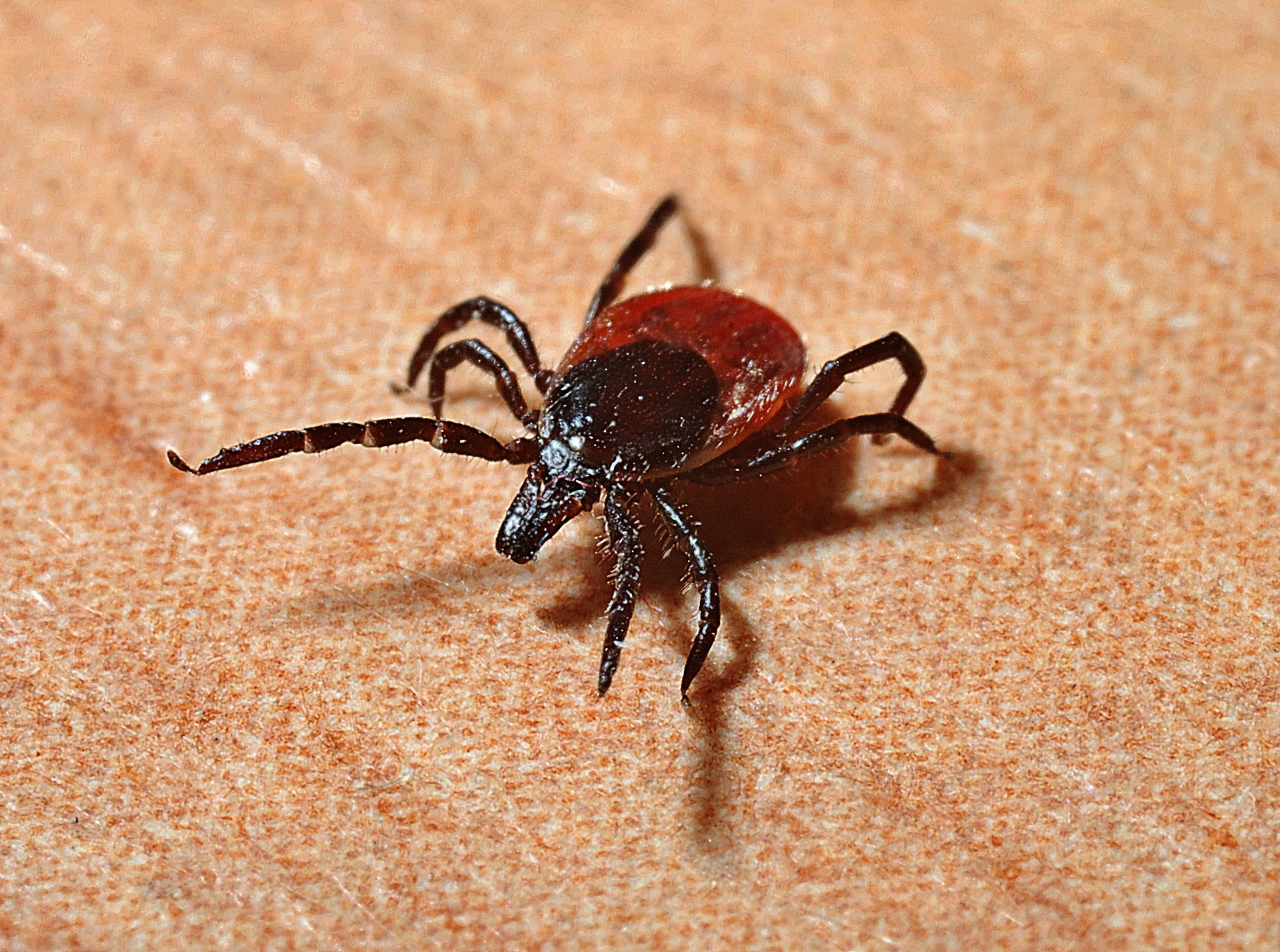When I was growing up, we had some land and my brother and I would regularly be out building forts, bridges and riding the horses. This came with ticks and chiggers. No big deal right? Unfortunately, now getting a tick can be very problematic not just immediately but lead to long term disease with alpha-gal syndrome (beef allergy), lyme and coinfections like Bartonella and Babesia to name a few. Lyme disease used to be predominantly in the northeast US but it has made its’ way across the country so the saying of “there isn’t lyme disease in Oklahoma” is completely unfounded and false! Clearly, not all ticks carry these bad boys and it is not only ticks that can be a problem but other insects like mosquitos can be just as guilty.
This does not mean you have to give up the great outdoors but just be aware! I want to give you some basic guidelines and information on what to do if you do get a tick bite and how to test. In addition, if you have any autoimmune disease, MS, neurological disease even without a history of tick bit you really need to read this! READ ON….
Let’s dive into some of the myths regarding ticks.
If you have a tick bite and no rash then you can’t develop tick born illness. FALSE.
You do NOT need a rash to have a tick borne illness develop. Many people with active lyme/coinfections don’t really recall the tick bite at all. Lyme disease is a diagnosis based on symptoms and they can be quite diverse. Dr. Richard Horowitz developed an important questionnaire that can tip you off that you are dealing with lymes’ or similar issues. I would encourage anyone with any autoimmune/MS/neurological diagnosis to do this questionnaire because the underlying cause of your issues might just be a missed tick born illness!
I tested for Lyme disease and it was negative so that is not my problem. FALSE. Testing is fraught with issues. Let’s dissect this a bit.
- If you tested within the first few weeks of getting bit (even with a rash), it will miss many cases of lyme and co-infections. A typical Lyme test doesn’t turn positive for 4-9 WEEKS! This is because the typical tests only look for your antibody response to the organism and not the antigen of the organism itself.
- Many practitioners only focus on Lyme and never do any testing for the other co-infections. A full panel should include bartonella, babesia, ehrlichia/anaplasma, rocky mountain spotted fever and tick borne relapsing fever.
- Traditional testing only looks for one type of Lyme Borrelia when there are suspected over 100 different strains as well as that many strains of bartonella and babesia! It will also miss all forms of relapsing fever.
I don’t live in a high risk area so I couldn’t have Lyme disease. FALSE. While there used to be a general guideline, it is not like a border of a state has a special anti-lyme block that doesn’t allow these ticks to come into our area when they are freeloading on the back of an animal. If you are curious about potential ticks found in your area you can always check out this tick report link.
Let’s talk about what to do if you do get a tick bite.
- When you remove the tick, put it in a plastic bag and hold onto it. If you do develop symptoms, you can then send off the tick and they can check for potential diseases that particular tick can carry! If you are really nervous be proactive and send it off anyway! If you find that bug is a carrier then treat yourself regardless if you have symptoms or not!
- If you develop any symptoms at all after the tick bite you need treatment regardless if the test at urgent care is negative! Symptoms may include: rash (anywhere on your body, not just around the bite), joint pain, fever, muscle aches, headaches, etc that occur anytime in the next few months following the bite.
- Treatment for symptomatic Lymes’ borrelia should include at least 30 days but recent information is now leaning towards 60 days of treatment with a medication like Doxycycline. Co-infections may require other medications for treatment. If you are still symptomatic don’t stop treatment!
- Treatment for a tick bite with no symptoms is controversial. While some practitioners use a watch and wait approach, others advocate for a prophylactic 10 -20 day course of antibiotics. If you are in a high risk area then definitely treat!
- Test not only for lyme but for co-infections. If you use traditional testing this means a western blot without the reflex and co-infections that at least have the IgM testing available (rocky mountain spotted fever, bartonella, babesia, etc). I would repeat testing in 9-12 weeks to see if antibodies kicked up and even then traditional testing can miss these infections. I consider traditional pitiful at best so if in doubt then do an Igenex test panel looking for all the tick-borne entities. Insurance does not cover this but it is worth the money if you can get this diagnosis early and start on aggressive treatment!
I know there is controversy over using the high powered tick repellents and I am not going to get into this today. I do just want to plant the seed…. Lymes’ and co-infections are truly one of the scariest infections we have today that is being under-diagnosed, under-treated and main-stream medicine really doesn’t even recognize this as an entity. I have even spoke with a so-called Lyme infectious disease specialist that flat out told me there is no such thing as chronic lyme. Thank goodness, not all of them think that way but there is still the majority with that mindset. Long story short… do everything you can to prevent tick bites.
To your health,
Laura









